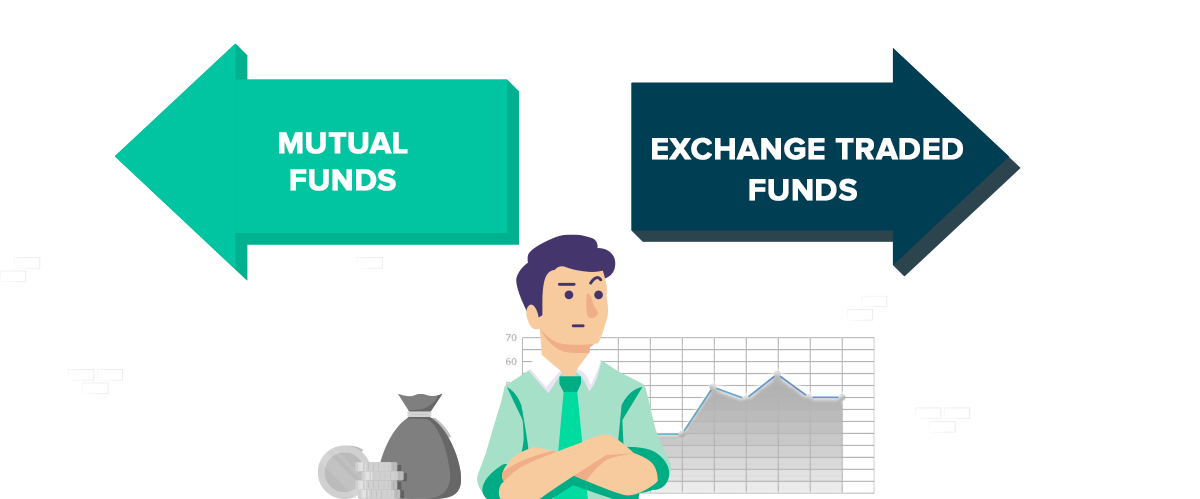Understanding the Difference Between ETFs and Mutual Funds
Investing for the future is something that every individual should keep in mind to establish their financial independence. Whether the goal is wealth creation or building a retirement corpus, you must plan your investments carefully. Mutual funds and ETFs maybe two of investment options you may have heard about pretty often. But what’s the difference between the two? Read on to learn about mutual funds and ETFs and how they differ.
What are ETFs?
An ETF (Exchange-Traded Fund) is a basket of securities traded on the stock market. It invests in a basket of assets (equity, debt, gold, etc) that reflect the composition of a benchmark index eg Nifty or BSE Sensex.
What are mutual funds?
A mutual fund is a pool of money collected from various investors and then invested in diversified holdings. Mutual funds invest in multiple securities such as bonds, equities, money market instruments etc. The returns generated from this investment are then distributed among the investors after all applicable expenses are deducted by calculating the scheme’s NAV (Net Asset Value).
Difference between mutual funds and ETFs
Here are the key differences between an ETF and a mutual fund:
- Management
An ETF is a passive investment option and tracks the performance of an index. Mutual funds are actively managed which means they are managed by fund managers who take investment decisions for the investors. Do note that certain ETFs are actively managed too.
- Flexibility
ETFs can be freely traded, meaning investors can buy and sell their units throughout the dayat real-time prices/NAVMutual fund orders are executed only once a day at the applicable NAV. All orders on that day will be executed at the same price.
- Expense Ratio
Since ETFs are passively managed they usually have a lower expense ratio than mutual funds which are actively managed.
So, should you invest in an ETF or mutual fund? It all depends on your investment objectives. After going through the differences between mutual funds and ETFs and considering your goals, you will be in a much better position to decide which of the two would make for a worthwhile investment option.




